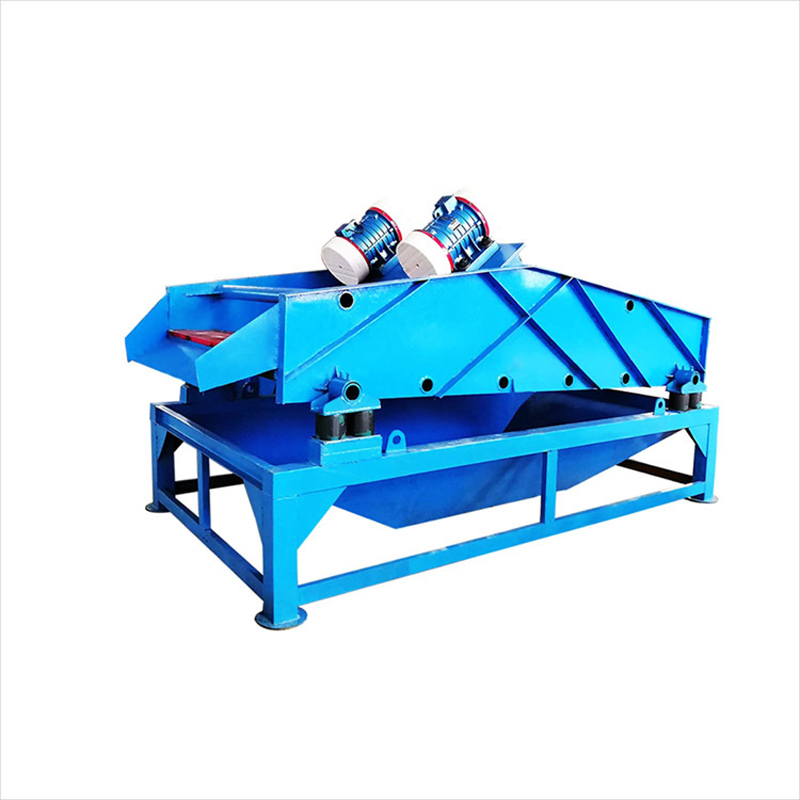In various industries, solid-liquid separation and dehydration are a common process step, and the dehydration screen, as an important piece of equipment, plays a key role. Dewatering screens provide enterprises with a reliable solution through their efficient dewatering capabilities and versatility, helping to improve production efficiency and reduce costs. But specifically, what does a dewatering screen do?

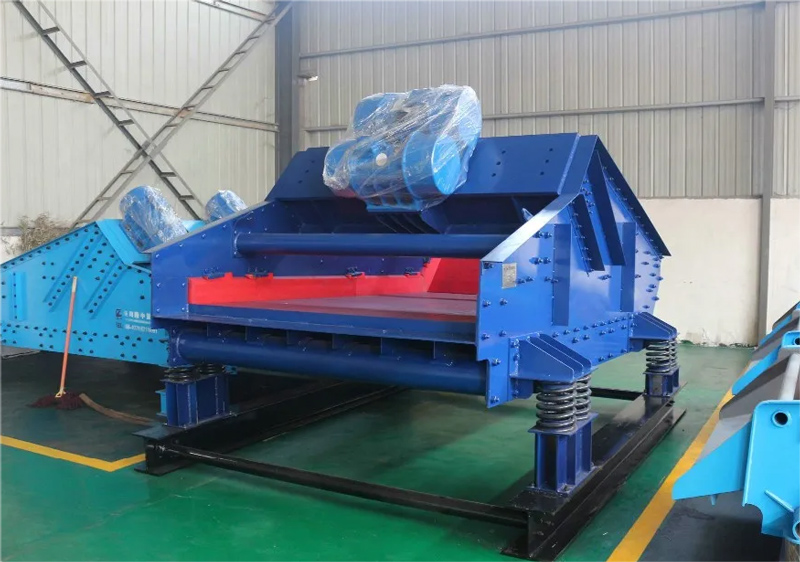
Efficient dehydration capability: Dewatering screen uses vibration and centrifugal force to quickly separate solid particles from liquid to achieve efficient dehydration. It can handle a large amount of materials and reduce the moisture content to the required level in a short time, improving production efficiency.
Versatility: Dewatering screen is suitable for solid-liquid separation and dehydration of a variety of materials, including ore, coal, limestone, sand, chemical raw materials, etc. Materials from different industries can achieve the best dehydration effect by adjusting the vibration force and screen pore size, which has wide adaptability.
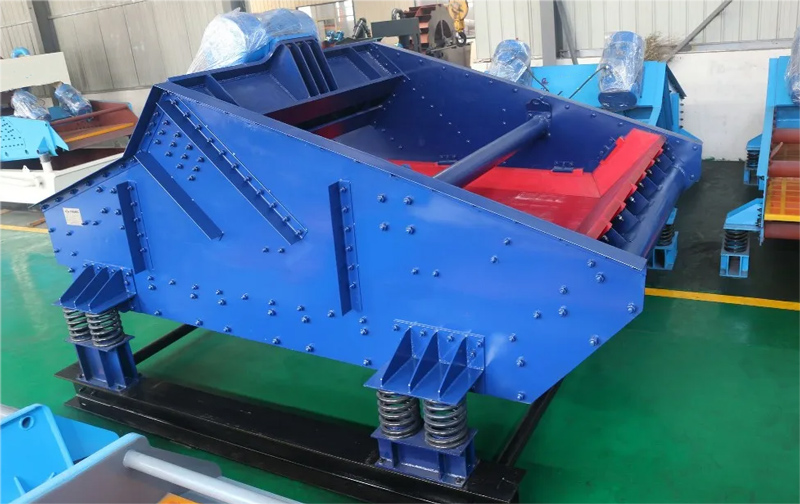
Energy saving and environmental protection: Dewatering screen uses vibration and centrifugal force to separate solid and liquid, which can save energy consumption compared with traditional dehydration methods. At the same time, it can also effectively remove moisture from solid particles, reduce wastewater discharge, comply with environmental protection requirements, and reduce the impact on the environment.
Easy operation: The operation of the Dewatering screen is relatively simple. You only need to put the material into the feed port, set the appropriate vibration force and screen parameters, and you can start working. Operators only need to monitor the operating status of the equipment without excessive technical operations, which reduces operating difficulty and training costs.
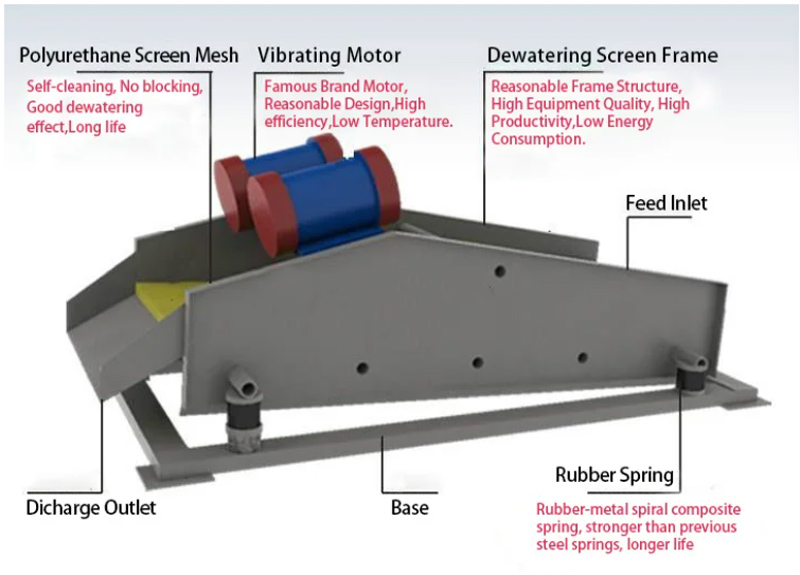
Easy maintenance: Dewatering screen has a simple structure and is easy to maintain and clean. The screen can be replaced or cleaned as needed to maintain good screening results. In addition, the vibrator and other key components of the dewatering screen are also easy to maintain and replace, extending the service life of the equipment.
Dewatering screen plays an important role in mining, metallurgy, chemical industry, environmental protection and building materials industries. In mines, dewatering screens can dehydrate wet ore, reducing transportation costs and improving ore grade; in the metallurgical industry, dewatering screens can dehydrate metallurgical slag, reducing waste slag treatment costs; in the chemical industry, dewatering screens can dehydrate chemical raw materials, improving Product quality; in the field of environmental protection, dewatering screens can separate solid-liquid wastewater, reducing wastewater discharge and treatment costs; in the building materials industry, dewatering screens can dehydrate wet sand and gravel to improve building materials production efficiency.
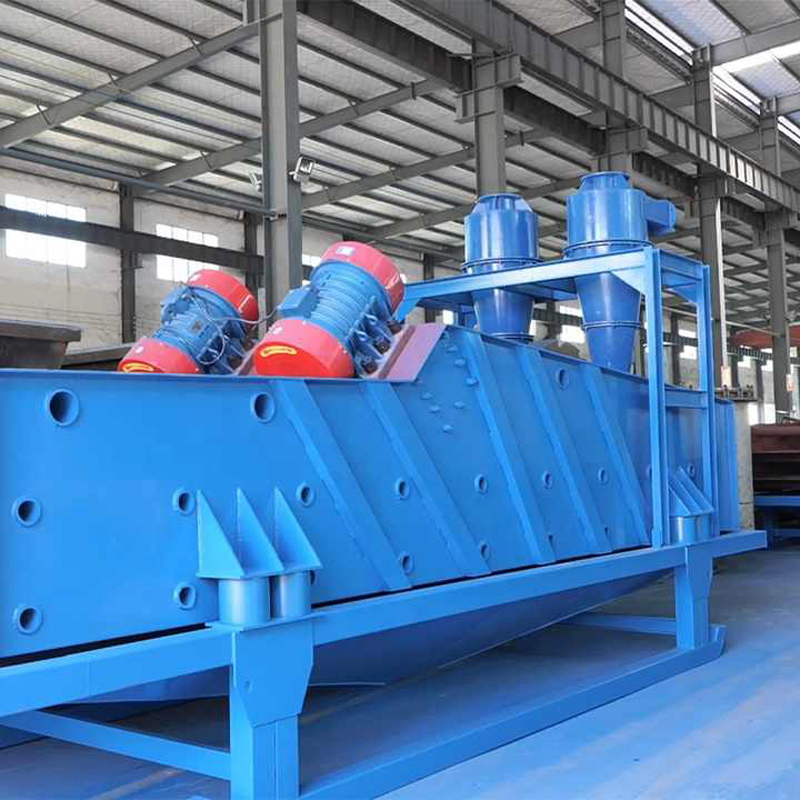
In short, as an efficient solid-liquid separation equipment, dewatering screen has the advantages of efficient dehydration capability, multi-functionality, energy saving and environmental protection, easy operation and convenient maintenance. It plays an important role in different industries, providing enterprises with reliable solutions to improve production efficiency and reduce costs. By choosing dewatering screen, you will move towards a more efficient and sustainable production method.
